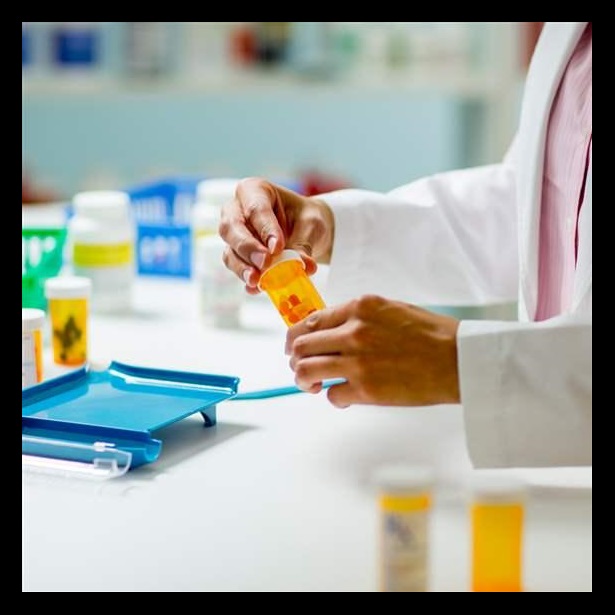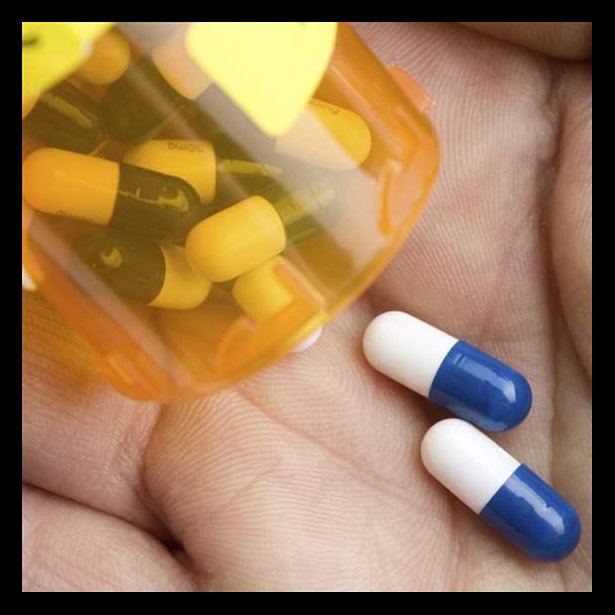A Pathway to New Antibiotics
A conversation with Dr. Helen Boucher
 © The Pew Charitable Trusts
© The Pew Charitable Trusts
Dr. Boucher has urged support for the need to develop a limited-population antibacterial drug (LPAD) approval pathway at congressional briefings.
Dr. Helen Boucher directs the Infectious Diseases Fellowship Program and the Ventricular Assist Device and Cardiac Transplant Infectious Diseases Program at Tufts Medical Center (TMC), and is an associate professor at Tufts University School of Medicine. She is a voting member on the Presidential Advisory Council on Combating Antibiotic-Resistant Bacteria and has spoken at length about the threat of antibiotic resistance to modern medicine. Dr. Boucher is also a member of the board of directors of the Infectious Diseases Society of America.
Dr. Boucher has urged support for the need to develop a limited-population antibacterial drug (LPAD) approval pathway at congressional briefings. LPAD would enable the approval of new antibiotics that target serious or life-threatening drug-resistant infections in patients who have few or no suitable treatment options.
Q: Why do you support the LPAD approval pathway?
A: LPAD offers a chance to get patients the medicines they need now. I support anything that is safe and effective to help expedite the path forward for new treatment options. LPAD is one of many steps in the right direction, but certainly an important one.
Q: What do you say to critics who say LPAD would lower or compromise patient safety standards?
A: LPAD does not change the standard for safety or efficacy of drug approvals. LPAD simply allows for smaller clinical development programs that are focused on the limited, high-risk populations that would use the new antibiotics. With approval of these types of drugs comes the need to use them well. Additionally, antibiotic monitoring and stewardship are important components of LPAD. They would make sure these drugs are used in the way they are intended.
Q: What difference would LPAD make in your practice? What would be the real-world implications of an LPAD pathway?
A: I would likely have something to offer patients whom I currently have to send to hospice care, or tell I’ve run out of options. LPAD would allow for development of a broad array of antibiotics, including oral drugs (this is significant since IVs sometimes carry risk of health care-acquired infections).
Q: Do you have any closing thoughts with respect to LPAD?
A: There are several steps necessary to fight antibiotic resistance. New therapeutics are a key part of the solution. What we need is a way forward that is sustainable for future generations, but it won’t be a quick fix. We need to find a way to foster a robust drug development pipeline.


Addressing the Regulatory Hurdles Facing Antibiotic Innovation


Briefing: Developing an Approval Pathway for Limited-Population Antibacterial Drugs











